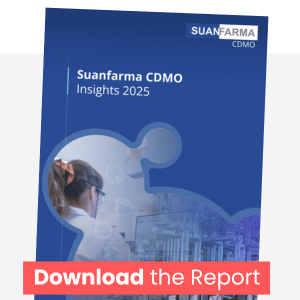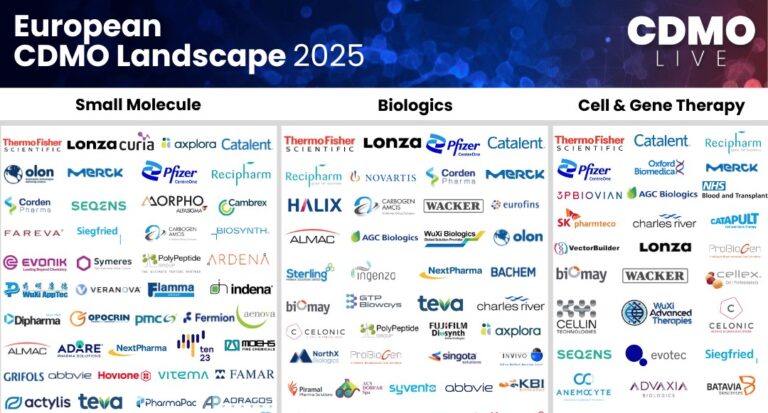- CellFE has partnered with Made Scientific to pilot and validate the High Volume Cyva™ System for non-viral gene editing in T cell therapies.
- The program will test two workflows to support both autologous and allogeneic therapeutic approaches.

CellFE has announced a strategic collaboration with Made Scientific, a cell therapy CDMO, to generate pilot-scale data using the High Volume Cyva System. The initiative aims to validate CellFE’s non-viral microfluidics-based gene editing platform for use in both activated and resting T cell manufacturing.
The pilot will explore two workflows. One will combine viral and non-viral methods on activated T cells to support rapid autologous product development. The other will focus on resting T cells to assess the feasibility of an allogeneic, off-the-shelf approach—potentially reducing treatment timelines and increasing access to cell therapies.
Under the agreement, CellFE has chosen Made Scientific to carry out the pilot using its advanced manufacturing capabilities. The Cyva System is designed to preserve cell health, optimise yields, and perform complex gene edits without viral vectors—addressing challenges related to cost, scalability, and production timelines in contract manufacturing.
“By combining CellFE’s breakthrough microfluidic gene editing with Made Scientific’s world-class CDMO services, we are positioned to establish a new benchmark in engineered T cell therapy manufacturing,” said Alla Zamarayeva, Ph.D., CEO and Co-founder at CellFE.
“This collaboration with CellFE offers a valuable opportunity to drive forward cutting-edge non-viral gene editing techniques,” said Syed T. Husain, Chairman & CEO at Made Scientific. “By combining our expertise in specialised T cell manufacturing platforms with CellFE’s microfluidics technology, we aim to enhance quality, shorten development timelines, and address the specific needs of these innovative therapies.”
The results of the pilot study will be published in a white paper to be shared with the cell and gene therapy community by October 2025.














 Stay ahead of trends and best practices
Stay ahead of trends and best practices
